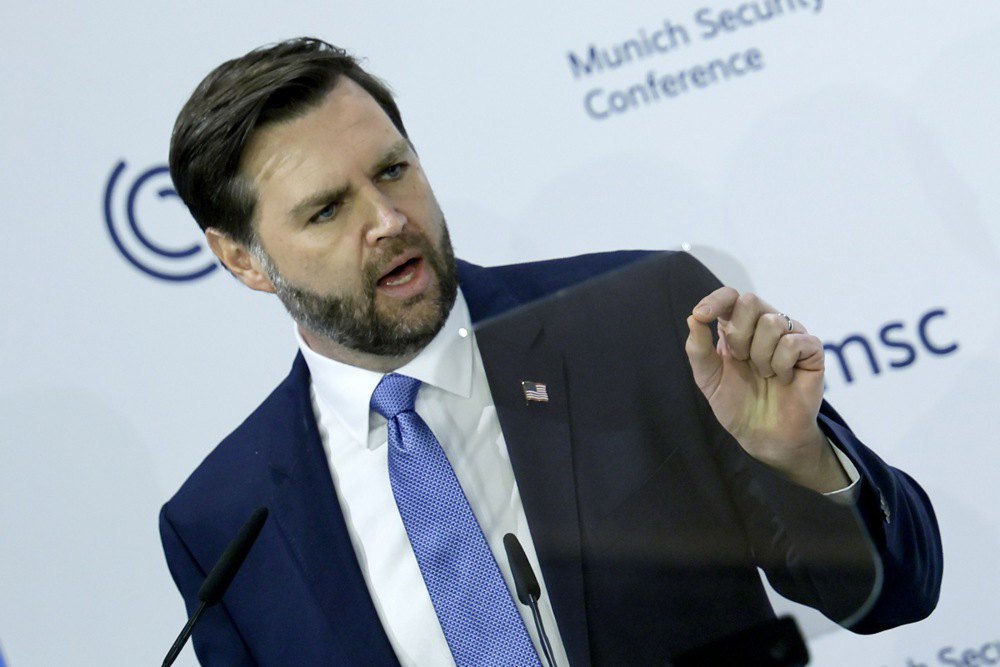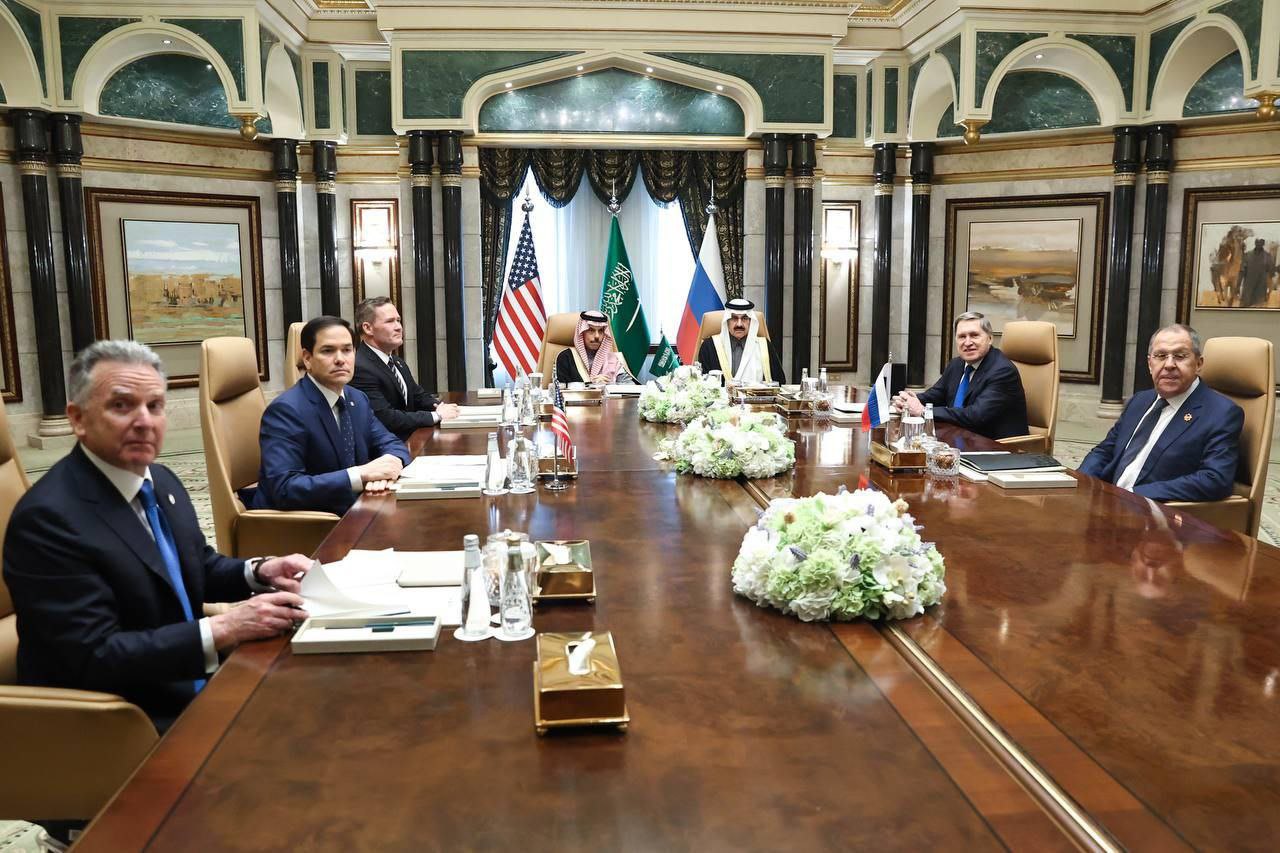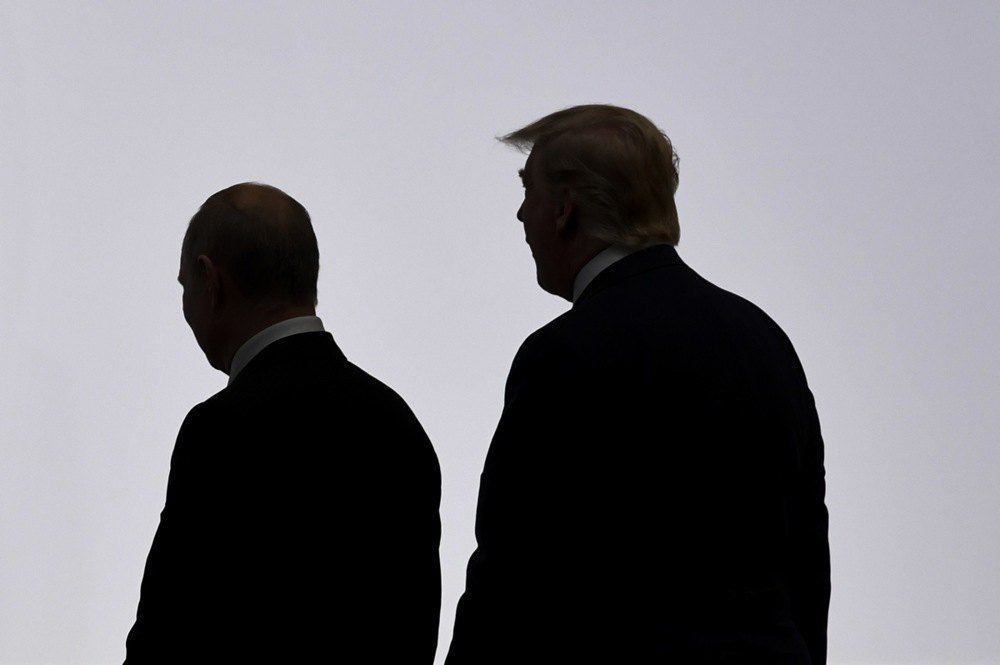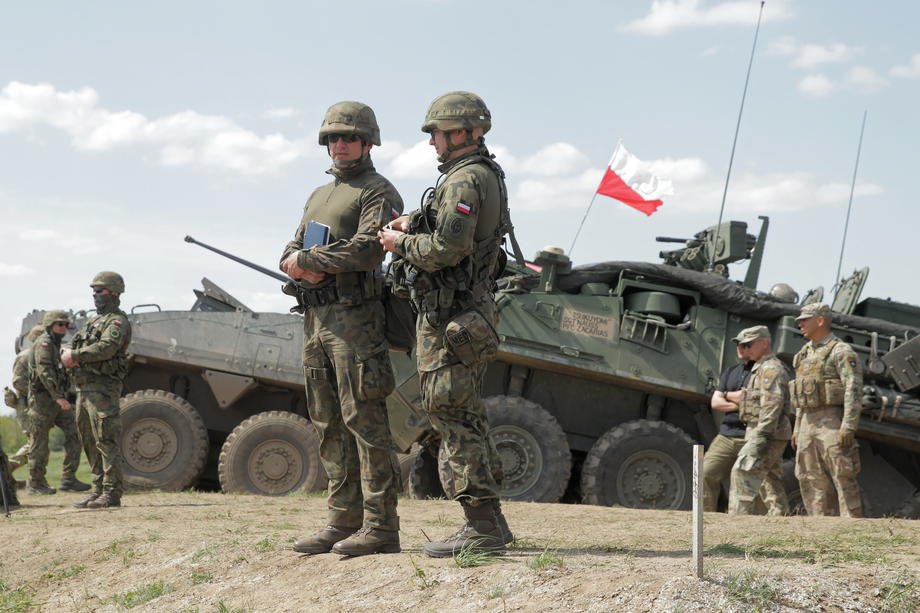Back in 1999, American sociologist and political scientist Samuel Huntington described the United States as a Lonely Superpower. In his view, after the victory in the Cold War, the United States emerged as a global superpower with an unprecedented level of military, economic and political power, which, however, due to its hegemony, faced alienation and scepticism from other states.

The Munich conference demonstrated that the United States is following a similar, but sometimes even more dangerous, trajectory, moving from loneliness to isolationism. At least three key points from the sidelines of Munich confirm this conclusion.
First, Washington's unwillingness to provide Ukraine with clear security guarantees is also a clear signal that the United States will not be a security guarantor for Europe in the event of a broader confrontation with Russia. This, by the way, was pointed out by numerous interlocutors of LB.ua on the sidelines of the conference.
Secondly, the unprecedented pressure on Ukraine to sign an agreement that would effectively enshrine the US sovereign right to half of Ukraine's subsoil and replace real security guarantees shows that the new US administration will trade peace (rather than guarantee it), not even with its strategic partners, but with an eye on the internal MAGA voter, who is the main customer and consumer of the trajectory set by the team in the White House.
Thirdly, the US has demonstrated that it is ready to curtail strategic cooperation with Europe, which means that the West is increasingly fragmented in the face of global challenges.
Immediately after Munich, the Americans left for a meeting with the Russians in Riyadh, and European leaders gathered for an emergency summit in Paris.

The United States was represented in Riyadh by Secretary of State Marco Rubio, National Security Advisor Mike Waltz, and Trump's Middle East Advisor Steve Witkoff, who is said to be responsible for communication with Russia (while Keith Kellogg is in charge of dialogue with Ukraine). Russia was represented by Foreign Minister Sergey Lavrov and presidential aide Yuri Ushakov.
The American TV channel NBC reported that the US delegation intends to hold separate talks with Russia and Ukraine, and later joint talks.
At the same time, the format of this meeting is entirely consistent with the traditional tools of Russian foreign policy: negotiating the fate of third countries without their participation (even if the United States has a different vision). This was the case with the Minsk Agreements, when Ukraine was forced to sign unfavourable agreements with Kremlin-controlled proxies, and it was the same with the Budapest Memorandum. And now history is repeating itself in a new format.
Therefore, such contacts are a serious concern for Ukraine in particular and Europe in general, as there is a risk that Trump may seek a deal with Putin not only behind Ukraine's back, but also completely ignore our interests in order to redistribute zones of influence. Ukrainian diplomats confirm that such risks do exist, but urge not to make apocalyptic predictions:
"Yes, there are those in Trump's inner circle who want to change the international order. At the same time, there are different ideas competing in his team, so it is crucial to continue working now," said one source.

Moreover, representatives of the Ukrainian delegation in Munich emphasised that contacts between Russia and the United States had never stopped completely, regardless of whether Biden or Trump was in office.
So the diplomatic kitchen itself may not have changed dramatically, but the fact that processes that were supposed to remain in the shadows were publicised can have a significant impact on a number of security parameters: public opinion in countries already suffering from the rise of right-wing radicalism, trust between allies, and the devaluation of international law in the global dimension.
All these circumstances forced Europeans to convene an emergency summit in Paris. The meeting was supposed to be a symbol of the unity of European partners against the backdrop of isolationist signals voiced by the US Vice President in Munich. But it turned out to be more declarative. Moreover, Volodymyr Zelenskyy's decisive proposal on the sidelines of the same conference to create a united European army has already caused controversy among partners.
In particular, Polish Foreign Minister Radoslaw Sikorski said that Poland would not join such an initiative. Warsaw will also not participate in the peacekeeping contingent.

The initiative was supported by France, the United Kingdom and a number of other European countries, as well as some states outside the continent. However, no decisions have been made, and the talk of peacekeepers is more of a pretext to seek consensus.








